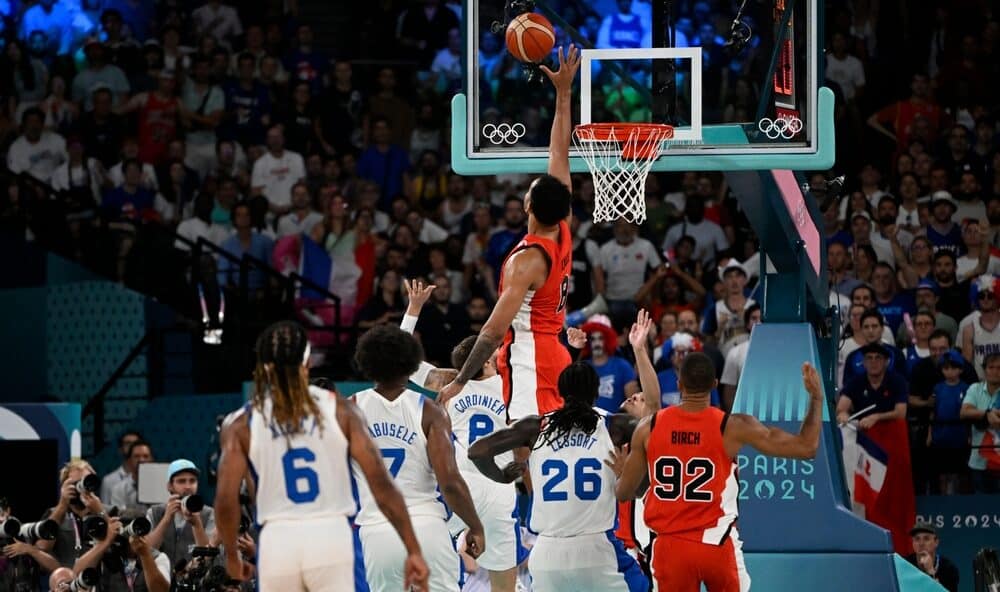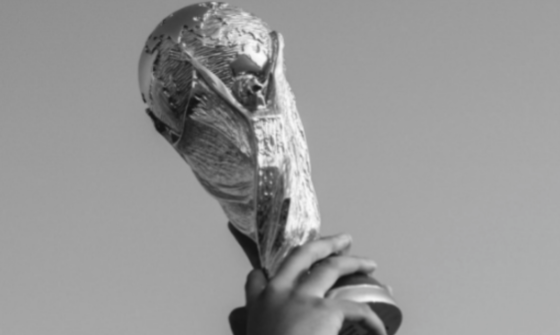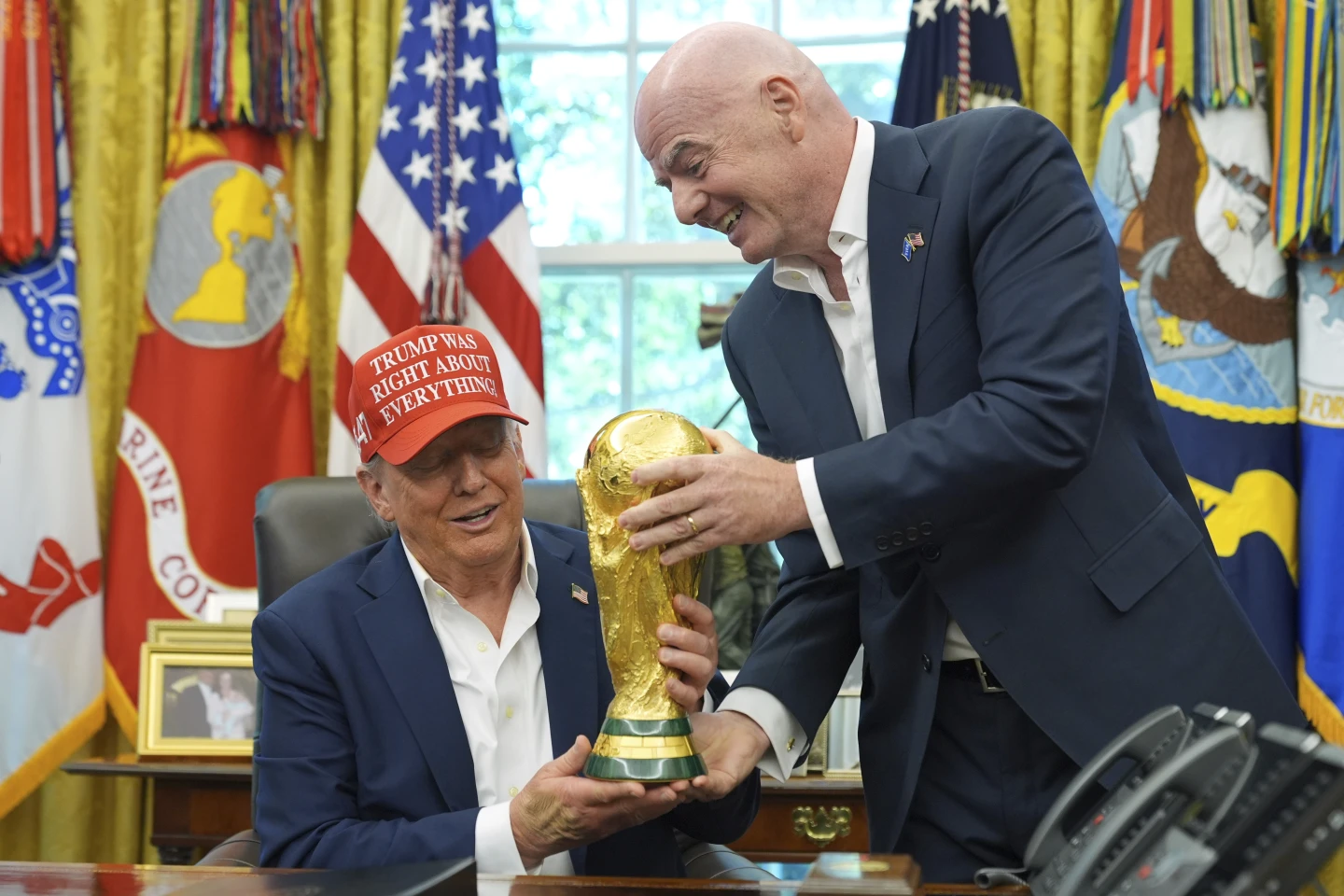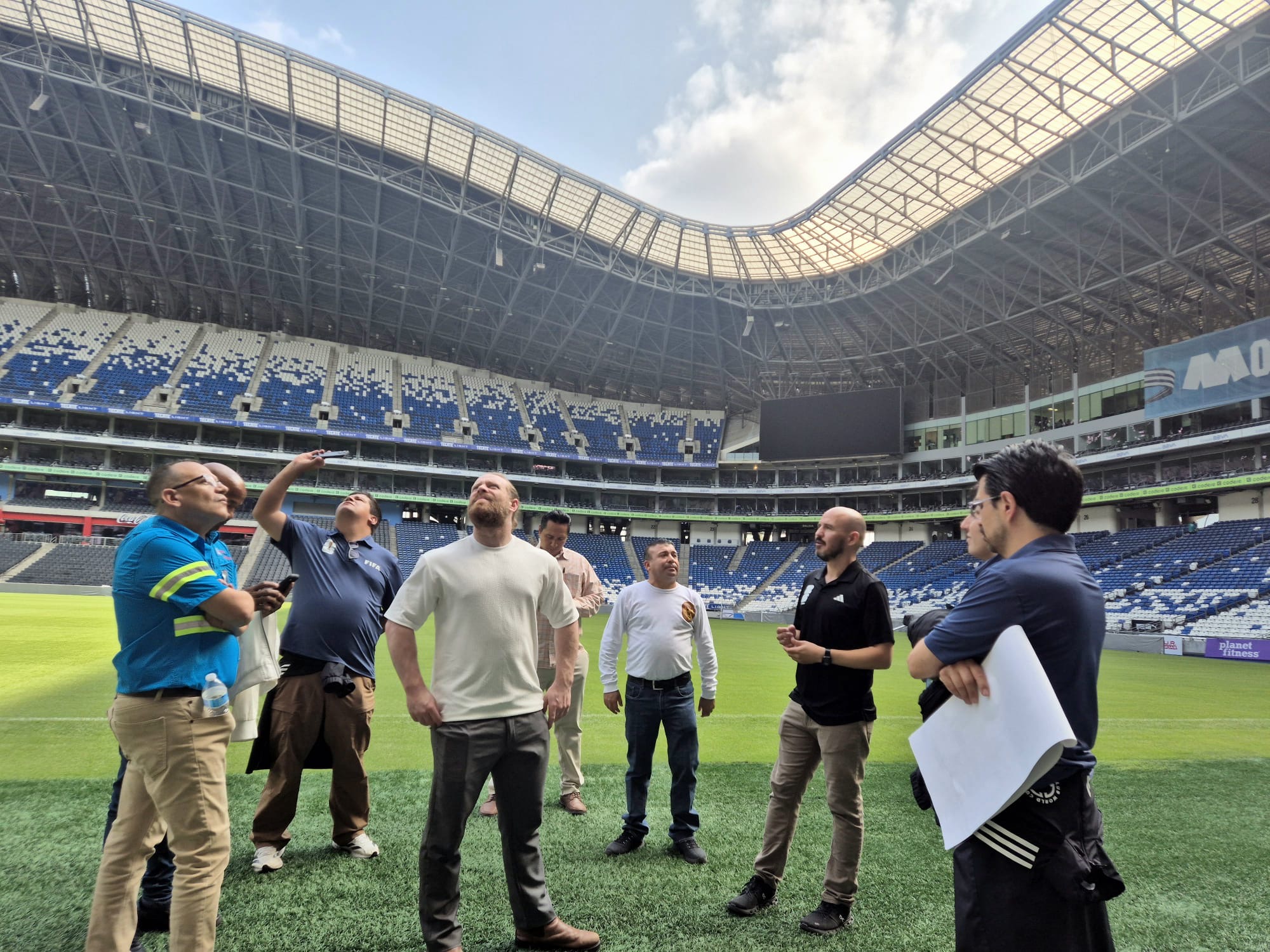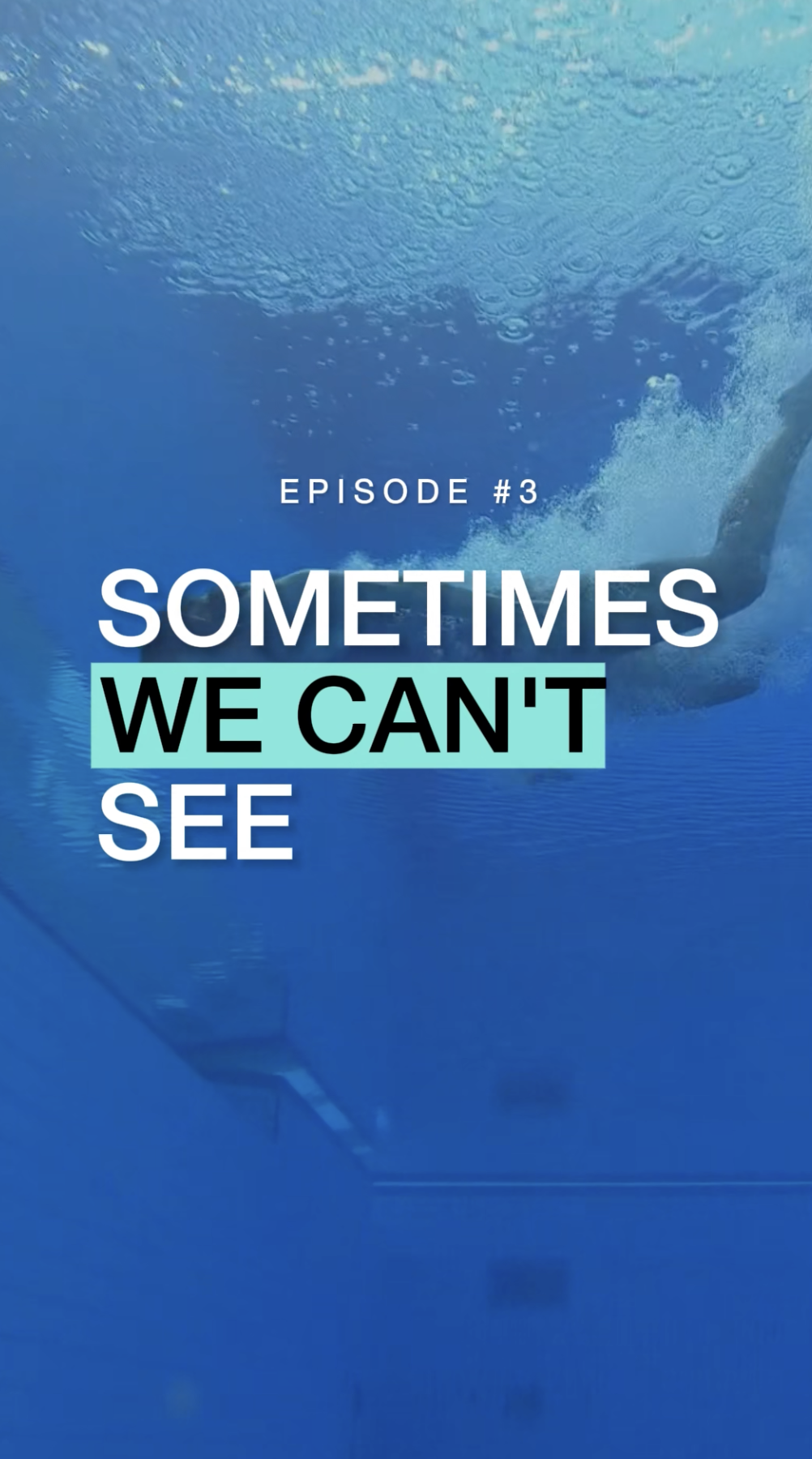Next president of the International Olympic Committee (IOC) must make the Games fair and share proceeds with athletes
(Nyon, Switzerland, 23 January 2025) UNI World Players, a sector of UNI Global Union, has carried out the first-ever public poll to assess awareness and attitudes regarding athletes’ rights and representation at the Olympic Games. The poll of nearly 3,200 people from Australia, France and the United States was conducted by Ipsos, a leading global market research firm, in the months following the 2024 Paris Olympics. It shows immense public support for greater compensation for Olympic athletes and increased athlete input in decisions affecting their careers.
The poll underscores that IOC’s actions are out of step with public expectations on athlete rights and representation, highlighting the public’s lack of awareness of the challenges Olympic athletes face. As seven candidates battle it out to become the new President of the IOC, to be decided in March this year, UNI World Players is seeking a commitment to fair treatment for athletes and their fair share of the billions of dollars generated at the Games.
Among the poll’s key findings:
Overwhelming support for fair pay for Olympians
Across the three countries surveyed, half of respondents admitted they “did not know” whether the IOC shares revenue generated at the Games as a form of payment (directly or indirectly) with athletes. Only 18 per cent correctly recognized that the IOC does not.
- A majority (65 per cent) believe the IOC should share Olympic revenue as a form of payment with athletes (either directly or indirectly). Support is highest in Australia (68 per cent), followed by France (67 per cent) and the United States (59 per cent).
Strong backing for greater athlete agency, including sponsorships
The overwhelming majority of respondents (73 per cent) were unaware that athletes at the Olympics only have a limited say when it comes to matters affecting their careers.
- A majority of over 60 per cent across all three surveyed countries believe athletes should have an equal say with the IOC in decisions that can affect their careers, with the highest support in Australia (71 per cent), followed by the United States (67 per cent) and France (62 per cent).
- There was also support for enhanced sponsorship freedom. When asked their perspective on whether athletes should or should not be allowed to promote personal sponsors when competing at the Olympic Games, the majority of respondents in each country (USA – 59 per cent, Australia – 57 per cent and France – 51 per cent) believe athletes should be allowed.
Head of UNI World Players, Matthew Graham said:
This poll shows the public support for change. Without athletes, there are no Olympic Games, and they deserve to have a stake in the enormous wealth they generate. The next president must ensure the IOC acknowledges athletes’ hard work and dedication by paying them their fair share, and giving them an equal say in all matters affecting their careers, wellbeing and livelihoods.
At the pandemic affected Tokyo Olympics, the IOC produced revenues amounting to US$370,000 for each of the 11,300 competitors, and it is estimated these figures will be higher again in Paris. Yet athletes only directly share in a meagre 0.6 per cent of the revenue they generate via the ‘Olympic Scholarship’ programme. This inequity is forcing many athletes to leave their sports prematurely with significant numbers facing mental health challenges due to financial difficulties.
UNI World Players notes this polling is another reminder that the IOC needs to fully embed the fundamental rights of athletes in its governance and business model if it is to keep up with the demands and expectations of all stakeholders in the modern professional sport era.
To take these steps, the IOC must build meaningful athlete engagement upon a foundation of respect for the rights to organize and collectively bargain, allowing for an equal say on all matters affecting their careers, wellbeing and livelihoods. As proven by other sport globally, says UNI World Players, it will be a win both for athletes and their sports.
-ENDS-
Technical Note: On behalf of Ipsos
On behalf of UNI World Players, Ipsos interviewed a representative quota sample of 3,188 adults aged 16-75 in the USA (1,102) France (1,086) and Australia (1,000) using its online i:omnibus between 27 September 2024 and 2 October 2024 . The data has been weighted to the known offline population proportions of this audience by age, gender, region, working status and education levels to reflect the adult population of this audience.
As well as providing the results individually for each of the three countries included in the survey, we have produced an overall total based on “country averages” (where the results from each country have the same weight and are not pro-rata to the true population proportions for this audience).
For more information, please contact Leonie Guguen, Senior Communications Manager, UNI Global Union. Email: leonie.guguen@uniglobalunion.org
UNI World Players, part of UNI Global Union, is the exclusive global voice of organized players and athletes across professional sport. It brings together 85,000 players through more than 100 player associations in over 60 countries. Its role is to ensure that the voice of organized players is heard at the highest levels in the decision-making of international sport.
